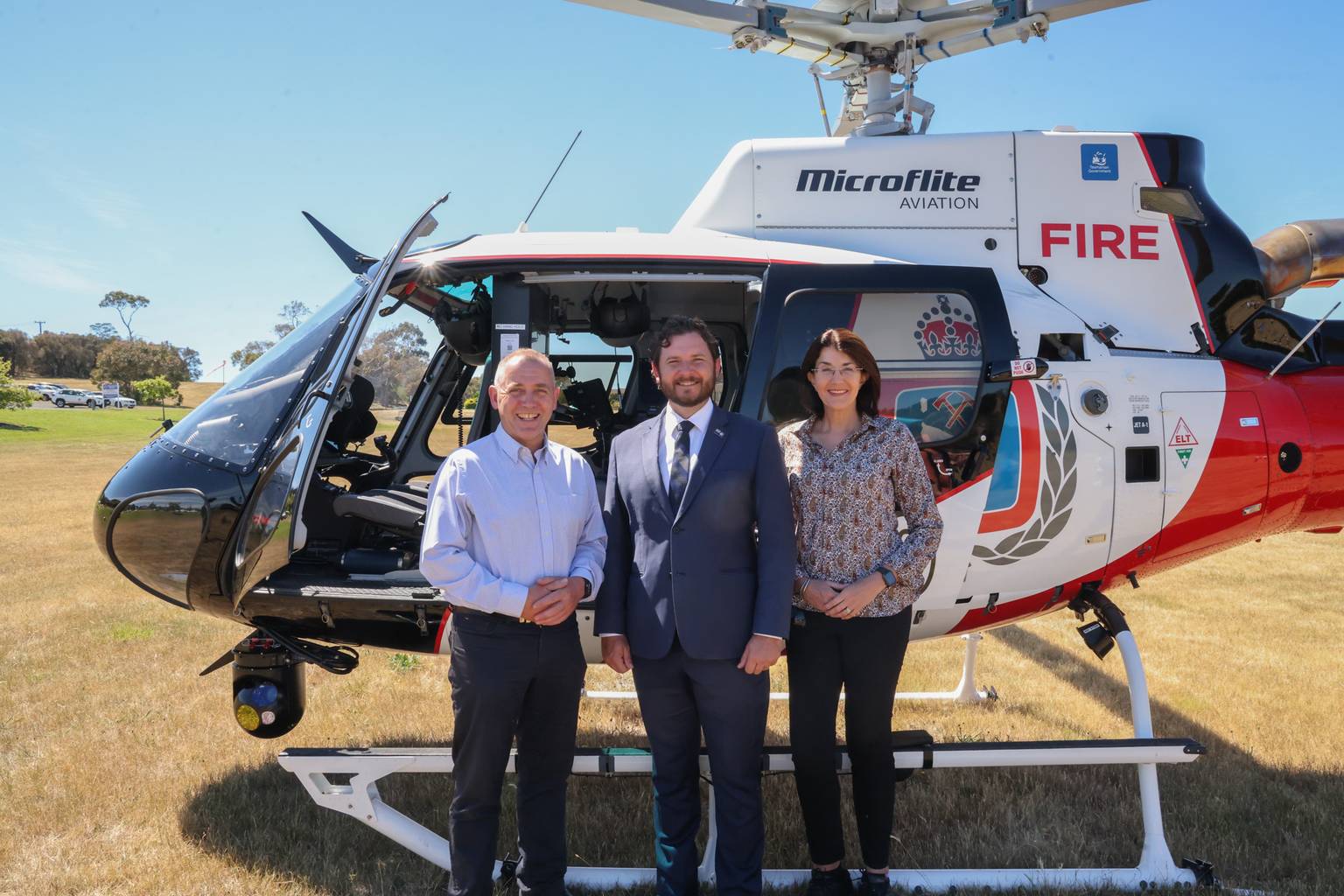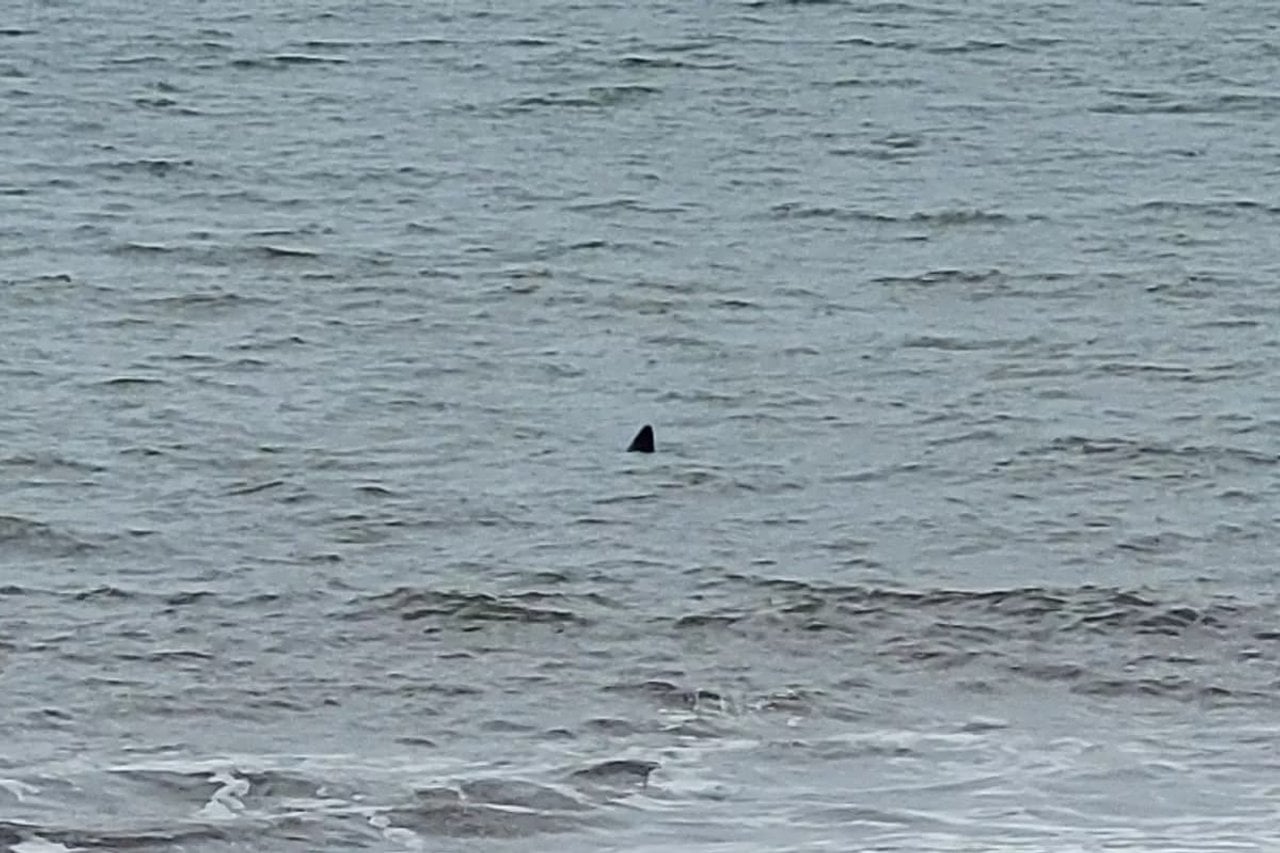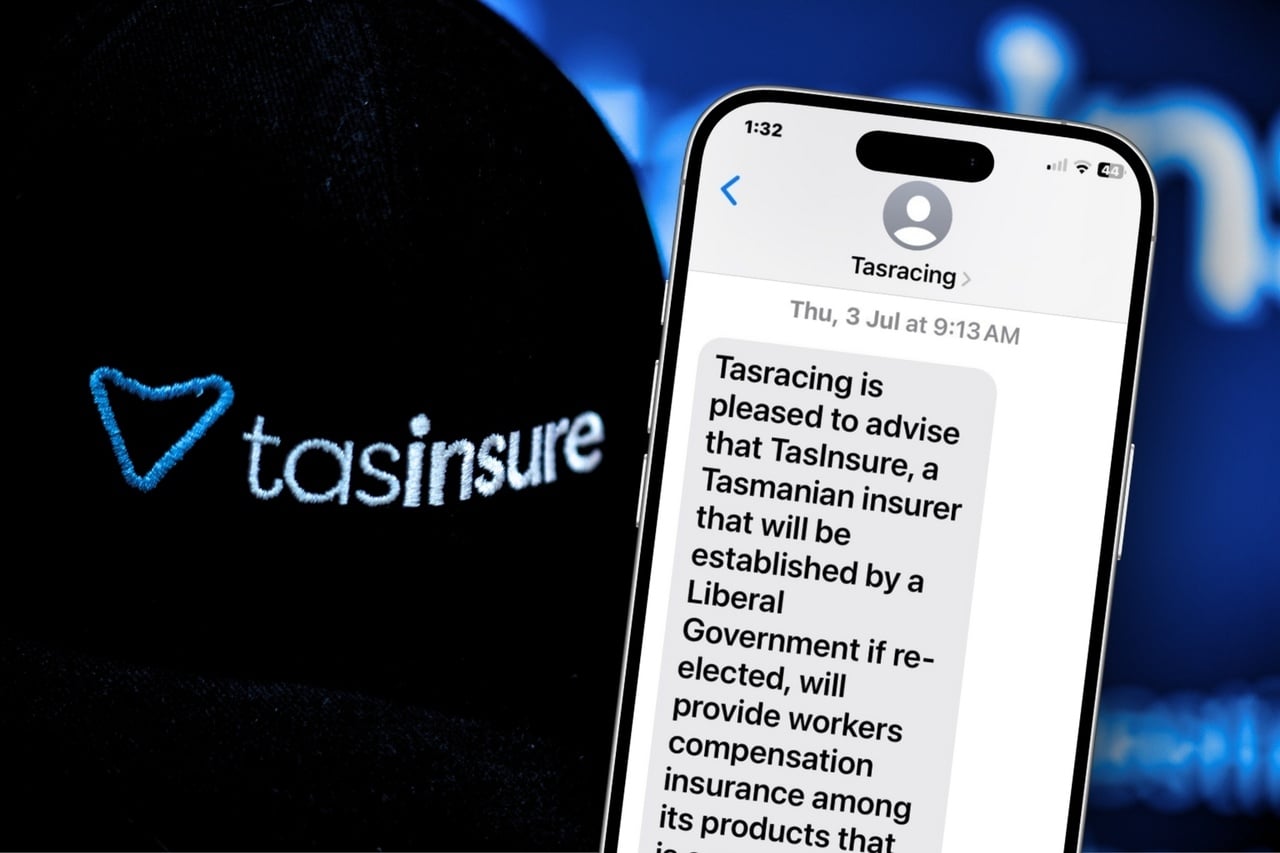A damning review into Tasmania’s fire and emergency services has revealed a toxic workplace culture where bullying and sexual harassment are commonplace, with limited accountability for perpetrators.
The independent TFS-SES Culture Review found 23% of staff and volunteers experienced bullying in the past five years, while 15% faced sexual harassment during the same period.
Women were significantly more likely to be harassed, with one-third reporting sexual harassment compared to just 10% of men.
The report highlighted a “boys’ club” mentality that has created an environment where harmful behaviours often go unchallenged, particularly when perpetrated by senior figures.

“There is a culture where bullying and misogyny is tolerated,” one participant told reviewers. “It’s a boy’s club – a popularity contest. You need the right coloured eyes,” said another.
LGBTQIA+ personnel reported feeling particularly vulnerable, with one member stating they were “immediately told to leave the brigade and never to come back”

“I was so, so ashamed. I felt ashamed of who I was. The shame of being gay. The shame of being kicked out of the TFS,” they said.
The review exposed serious infrastructure issues for women, including inadequate changing facilities and poorly fitted uniforms.
It also revealed female firefighters are deliberately isolated across shifts rather than placed together.
Tasmanian Fire and Emergency Services Commissioner Jeremy Smith apologised to those affected and committed to implementing changes.

“These behaviours are unacceptable. To employees and volunteers who have been harmed by these behaviours, I am deeply sorry for the hurt you experienced,” he said.
“Your courage to speak up will help us make our organisations better places to work and volunteer.”
“When our communities need help, we step up and work together. But that professionalism and support for each other does not always happen in our day-to-day activities and workplaces.”
Smith acknowledged the report identified “cultural issues including barriers to inclusion, leadership accountability and lack of trust in the processes to report harmful behaviour”.

The State Fire Commission and TFS-SES Executive have signed a statement of commitment to act on the findings.
The recommendations include 26 actions across leadership, workplace safety, transparency, reporting and addressing barriers to inclusion.
“The TFS-SES Executive owns the culture of our organisations and will lead the program of work ahead. That will be informed by what matters most to our people,” Smith said.







